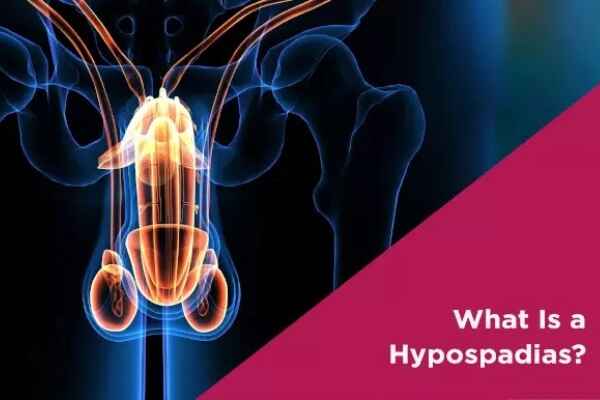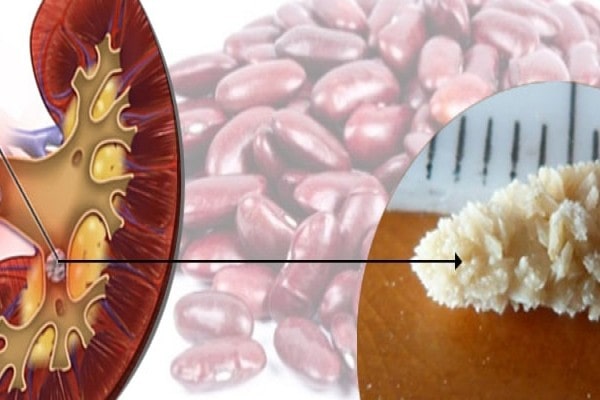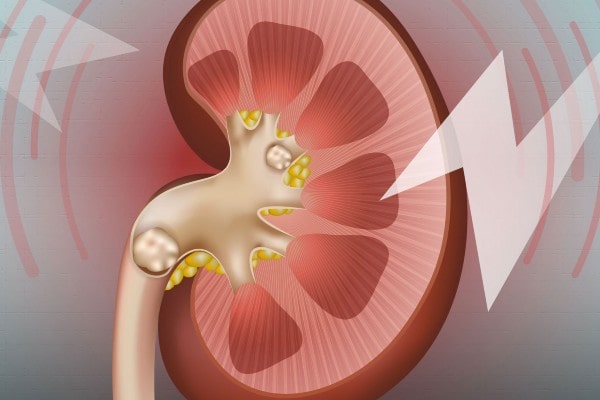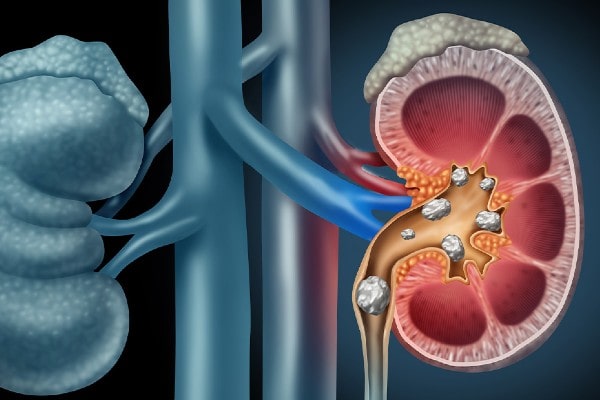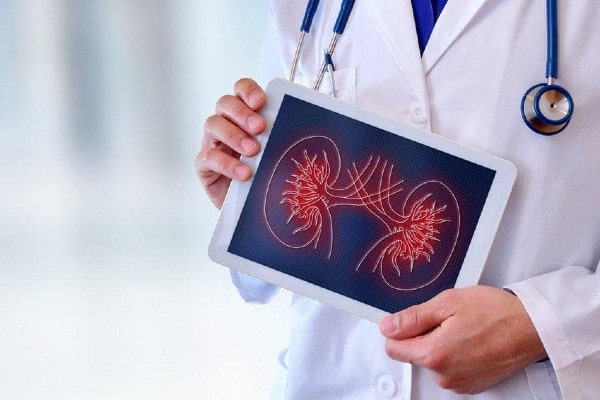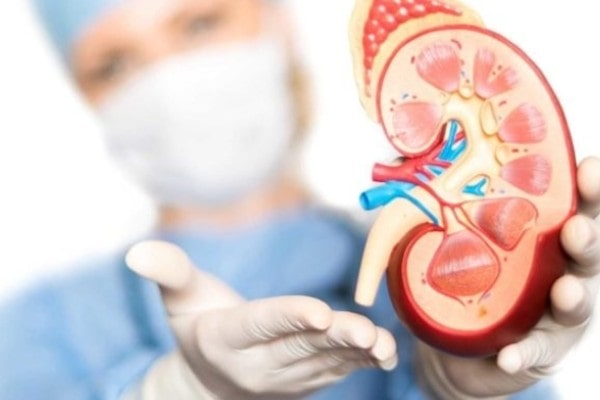Understanding Urological Cancer
Urological cancers encompass a range of malignancies affecting the urinary system and male reproductive organs. These include prostate, bladder, kidney, and testicular cancers. Early detection and treatment are crucial for successful outcomes. This blog provides an overview of different types of urological cancers, their symptoms, diagnosis, and treatment options. For expert care, consult Dr. Kalyan Kumar, the best urologist in Hyderabad.

Prostate Cancer
- Overview:Prostate cancer is one of the most common cancers in men, typically affecting those over the age of 50. It develops in the prostate gland, which produces seminal fluid.
Symptoms:
- Difficulty urinating
- Frequent urination, especially at night
- Weak or interrupted urine flow
- Blood in urine or semen
- Painful ejaculation
- Discomfort in the pelvic area
Diagnosis:
- PSA Test: Measures the level of prostate-specific antigen in the blood.
- Digital Rectal Exam (DRE): Physical examination of the prostate.
- Biopsy: Removal of prostate tissue for laboratory analysis.
- Imaging: MRI, CT scans, and bone scans to assess the spread of cancer.
Treatment:
- Active Surveillance: Monitoring the cancer closely without immediate treatment.
- Surgery: Radical prostatectomy to remove the prostate gland.
- Radiation Therapy: External beam radiation or brachytherapy.
- Hormone Therapy: Reduces testosterone levels to slow cancer growth.
- Chemotherapy: Uses drugs to kill cancer cells.
- Immunotherapy: Boosts the body’s immune system to fight cancer.
Bladder Cancer
Symptoms:
- Blood in the urine (hematuria)
- Frequent urination
- Painful urination
- Back or pelvic pain
Diagnosis:
- Urine Tests: Detect cancer cells in the urine.
- Cystoscopy: Using a scope to examine the bladder.
- Biopsy: Removing tissue samples for analysis.
- Imaging: CT urogram, MRI, and ultrasound.
Treatment:
- Surgery: Transurethral resection of bladder tumor (TURBT) or cystectomy to remove part or all of the bladder.
- Intravesical Therapy: Delivery of medication directly into the bladder.
- Chemotherapy: Systemic or intravesical chemotherapy.
- Radiation Therapy: High-energy rays to target cancer cells.
- Immunotherapy: Using the body’s immune system to fight cancer.
Kidney Cancer
- Overview: Kidney cancer, or renal cell carcinoma, starts in the kidneys, which filter waste from the blood to produce urine. It often affects older adults.
Symptoms:
- Blood in the urine
- Lower back pain on one side
- A lump or mass in the kidney area
- Fatigue
- Weight loss
- Fever
Diagnosis:
- Imaging Tests: Ultrasound, CT scan, and MRI.
- Biopsy: Extracting a sample of kidney tissue for analysis.
- Blood Tests: Assess kidney function and look for cancer markers.
Treatment:
- Surgery: Partial or radical nephrectomy to remove part or all of a kidney.
- Ablation: Destroying the tumor using extreme cold (cryoablation) or heat (radiofrequency ablation).
- Targeted Therapy: Drugs that specifically target cancer cells.
- Immunotherapy: Boosts the immune system to fight cancer.
- Radiation Therapy: For symptom relief in advanced cases.
Testicular Cancer
- Overview: Testicular cancer originates in the testicles and is most common in younger men, typically between ages 15 and 35.
Symptoms:
- A lump or swelling in the testicle
- A feeling of heaviness in the scrotum
- Dull ache in the abdomen or groin
- Sudden fluid buildup in the scrotum
- Pain or discomfort in a testicle or the scrotum
Diagnosis:
- Physical Exam: Checking for lumps or abnormalities.
- Ultrasound: Imaging to examine the testicles.
- Blood Tests: Detecting tumor markers.
- Biopsy: Rarely used due to risk of spreading cancer cells; diagnosis often confirmed post-surgery.
Treatment:
- Surgery: Orchiectomy to remove the affected testicle.
- Radiation Therapy: Often used for seminomas, a type of testicular cancer.
- Chemotherapy: Used for both seminomas and non-seminomas.
- Surveillance: Regular monitoring for recurrence.
Conclusion
Early detection and treatment of urological cancers can significantly improve outcomes. Regular check-ups and being aware of the symptoms are essential. For personalized care and expert treatment, consult Dr. Kalyan Kumar, the best urologist in Hyderabad. Dr. Kumar offers comprehensive diagnosis and treatment plans tailored to each patient's needs, ensuring the best possible care.
Taking proactive steps towards understanding and managing urological health can make a substantial difference in overall well-being. If you have any concerns or symptoms, seek medical advice promptly to address them effectively.















